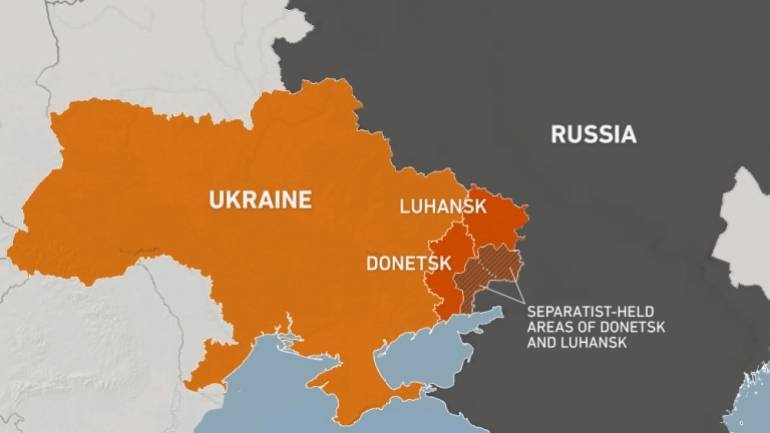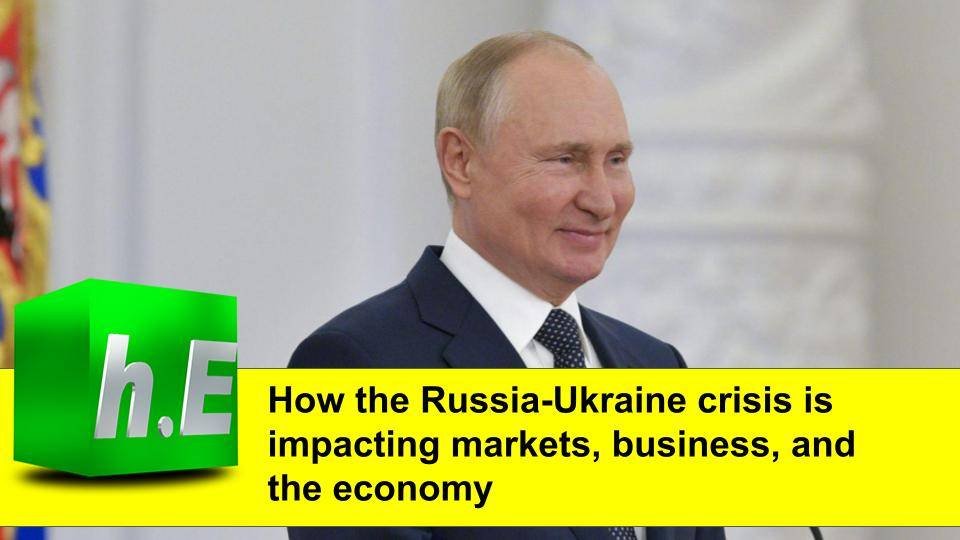As the military conflict between Russia and Ukraine rages on for the fifth day, it threatens to disrupt the global supply chain which is recovering from the impact of the COVID-19 pandemic.
As Russia bears the brunt of the sanctions imposed by the Western nations on it for Ukraine’s invasion, including cutting off many Russian banks from interbank payments system SWIFT, the ongoing conflict can hit the industries which depend on the supply of raw materials, especially industrial commodities, from Russia.
All these are likely to result in another round of shortages in a world which is gradually recovering from the impact of the pandemic.
It can also lead to price hikes at a time when inflation is a major concern for countries all over the world, thereby impacting industries and households at large.
Many European countries are heavily dependent on Russian energy, particularly gas through several vital pipelines. Even if the conflict comes to an end, there is a possibility that the harsh economic sanctions on Russia would make it very difficult for these countries to be able to import gas.

Global gas reserves are low due to the pandemic and energy prices are already rising sharply, impacting consumers and industry. With gas being an essential input for many supply chains, disruptions to such a fundamental supply will have widespread economic consequences.
Several major automakers have operations in Russia, with some deciding to pull back in light of the conflict, and others warning of disruption to their businesses.
Volvo Car AB and truck maker Volvo AB have both halted business in Russia until further notice, with the Swedish autos brand citing “the potential risks associated with trading material with Russia, including the sanctions imposed by the EU and U.S.”
Daimler Truck Holding AG has said it would suspend deliveries of truck components to its Russian partner Kamaz in the wake of Russia’s invasion of Ukraine.
France’s Renault SA is one of the biggest players in Russia’s car market having in 2014—alongside partner Nissan Motor Co. —taken a controlling stake in AvtoVAZ, the former state-owned Lada manufacturer.
The company has temporarily shut a plant near Moscow because of “some logistical issues” stemming from Western measures against the country.
The crisis has hit stocks of tech companies that source or sell globally on fears of further disruptions on the back of a yearlong shortage of semiconductor chips.
Ukraine supplies more than 90% of U.S. semiconductor-grade neon, critical for lasers used in chipmaking. The gas, a byproduct of Russian steel manufacturing, according to market research firm TechNet, is purified in Ukraine.
Thirty-five percent of U.S. palladium, used in sensors and memory, among other applications, is sourced from Russia.
“The chipmakers are not feeling any direct impact, but the companies that supply them with materials for semiconductor fabrication buy gases, including neon and palladium, from Russia and Ukraine,” said a Japanese chip industry source who spoke on condition of anonymity. “The availability of those materials is already tight, so any further pressure on supplies could push up prices. That, in turn, could knock on to higher chip prices.”
We have always emphasized the importance of having a good website for your company because it can act as your best tool for marketing and sales. A poorly designed website can repulse people from your business and can cause you to lose customers before you even have them. Get in touch with HyperEffects to work on creating, enhancing, and making the website of your company more user-friendly.

